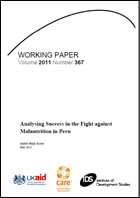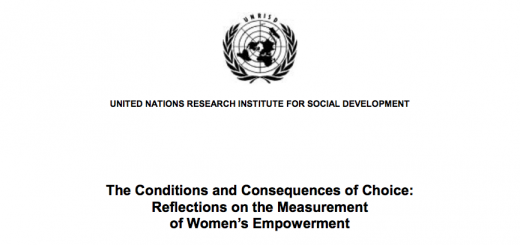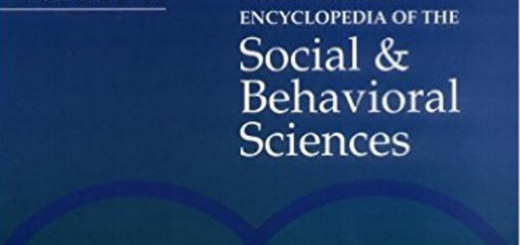‘Citizenship and the Boundaries of the Acknowledged Community: Identify, Affiliation and Exclusion’, IDS Working Paper 171

The history of citizenship has been an unhappy one. The denial of resources and the rights of some groups by others is typical, and no historically significant form of citizenship has been incompatible with this type of exclusion. This Institute of Development Studies (IDS) paper looks at two different forms of citizenship: the ‘imagined community’ of the nation-state with its rights and duties, and other communities within the nation-state with their own claims and obligations. It considers how these forms of citizenship shape the patterns of access to and exclusion from resources.The modern idea of citizenship, based on the rights of the individual, came about because of the ‘great transformation’ of Europe, where societies moved from limited economic exchange, based on social relations of kin and community, to a generalised commodity cash market. In the colonial experience, categories were invented to make sense of the diverse ethnic and religious landscape of their colonies, and these ‘imagined’ groups became real over time. Colonial countries experienced independence based on these groups, rather than as independent citizens and without the social and economic changes that Europe experienced.
[gview file=”http://www.drc-citizenship.org/system/assets/1052734376/original/1052734376-kabeer.2002-citizenship.wp.pdf”]



